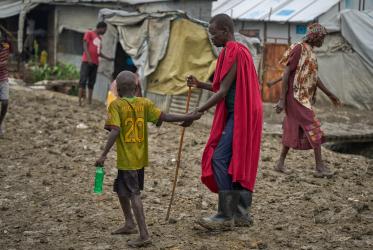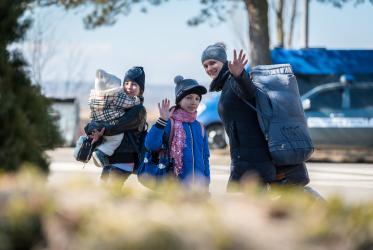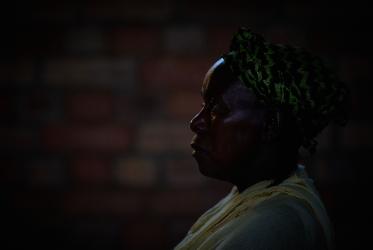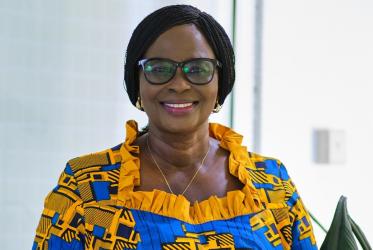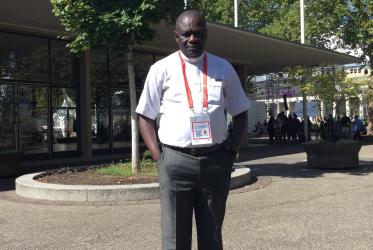Displaying 1 - 20 of 170
Executive Summary
23 March 2024
Churches in Africa agree on guidelines for disability inclusion
19 December 2023
WCC webinar explores decolonizing beauty
11 December 2023
Ahead of Her Time
Pan-African Women of Faith and the Vision of Christian Unity, Mission, and Justice
01 November 2023
Assembly workshop looked toward ending AIDS epidemic by 2030
19 September 2022


